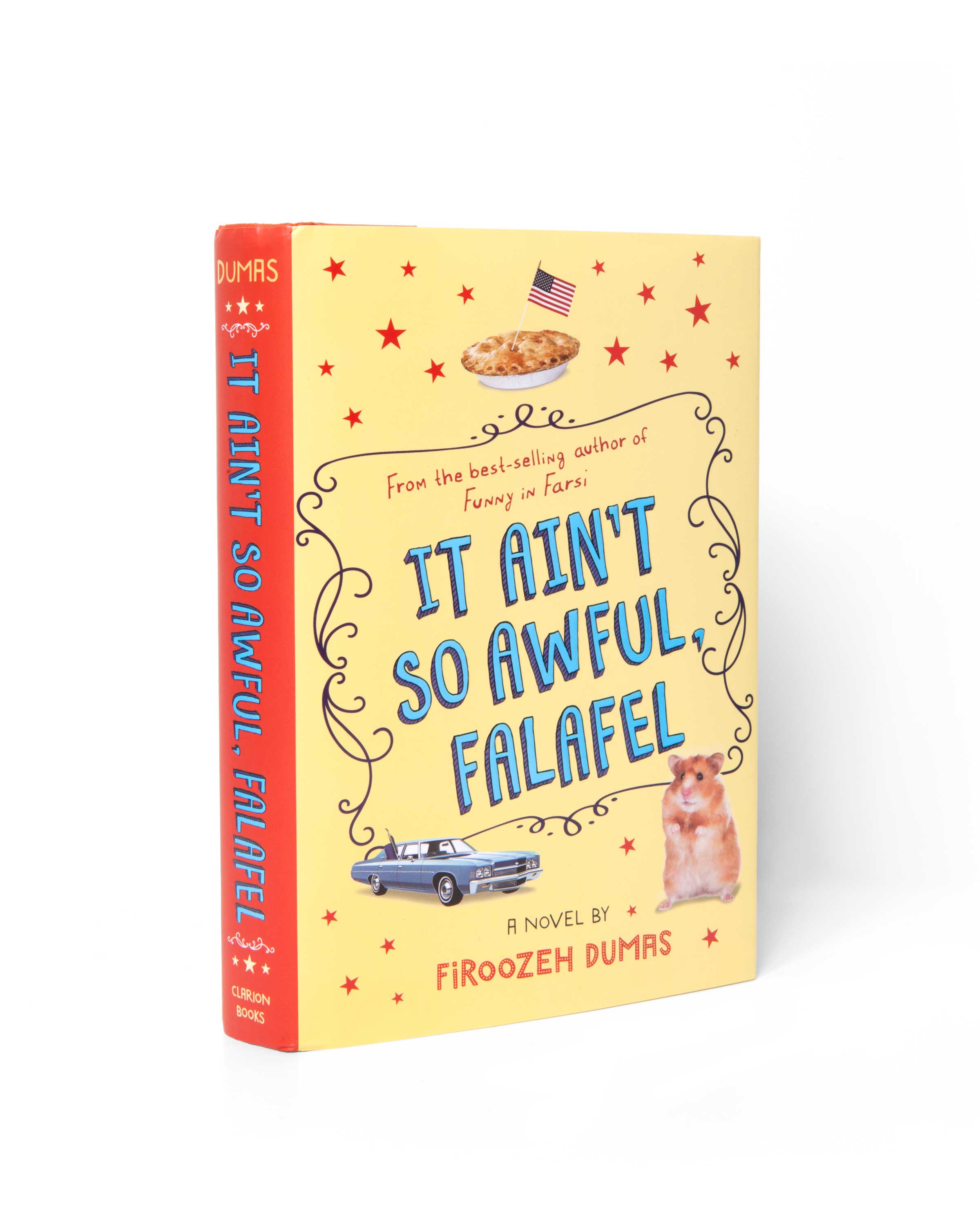
Two years ago, there was an uproar in the usually quiet children’s-book world: frustrated by the overwhelming whiteness of kids’ books, readers took to social media to protest with the hashtag #WeNeedDiverseBooks. Publishers took note. In 2013, children’s books featuring black, Latino, Asian or Native American characters accounted for only 8% of those released in the U.S., according to the Cooperative Children’s Book Center at the University of Wisconsin–Madison. In 2015, that number rose to 15%. There’s still a long way to go.
One group that could perhaps especially use some fictional representation these days: Muslim-American kids. As fear about ISIS has stoked hostile rhetoric in certain quarters, these kids have felt the effects. Muslim-American parents have reported a spike in schoolyard bullying in recent months, with kids getting taunted for having “terrorist names.” According to the Associated Press and the Chicago Tribune, some have wondered if they’d be deported if a so-called Muslim ban were put into effect. Who can be these kids’ fictional hero? Enter Zomorod “Cindy” Yousefzadeh, the lovable protagonist of It Ain’t So Awful, Falafel.
Iranian-American author Firoozeh Dumas previously wrote about her life experiences in the best-selling memoir Funny in Farsi, and she’s applied some of those biographical details here, for younger readers. Falafel opens in 1978, when sixth-grader Cindy (her chosen name) and her parents move to Newport Beach, Calif., straight outta Compton, where her dad was previously assigned on an oil project, and before that, straight outta Abadan, Iran. She faces certain expected struggles in her first year in a new school and neighborhood: teachers can’t pronounce her name, kids ask if she rides a camel, and neighbors think her mom’s cooking looks like mud. But when the Iran hostage crisis begins, the Yousefzadeh family encounters a new level of nasty incidents, from a dead hamster left on their doorstep to a visit from a plumber whose T-shirt says Wanted: Iranians for target practice.
Yep, history will repeat itself. But Dumas depicts each hurdle with compassion and laugh-out-loud humor. She has created an endearingly plucky character–any kid who’s felt like an outsider could relate to Cindy. Through it all, the young girl keeps in mind advice from her father: “Kindness is our religion and if we treat everybody the way we would like to be treated, the world would be a better place.”
More Must-Reads from TIME
- Where Trump 2.0 Will Differ From 1.0
- How Elon Musk Became a Kingmaker
- The Power—And Limits—of Peer Support
- The 100 Must-Read Books of 2024
- Column: If Optimism Feels Ridiculous Now, Try Hope
- The Future of Climate Action Is Trade Policy
- FX’s Say Nothing Is the Must-Watch Political Thriller of 2024
- Merle Bombardieri Is Helping People Make the Baby Decision
Contact us at letters@time.com